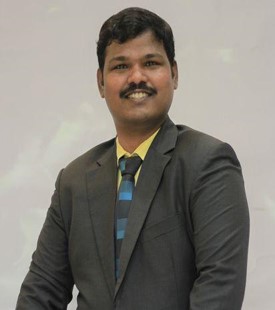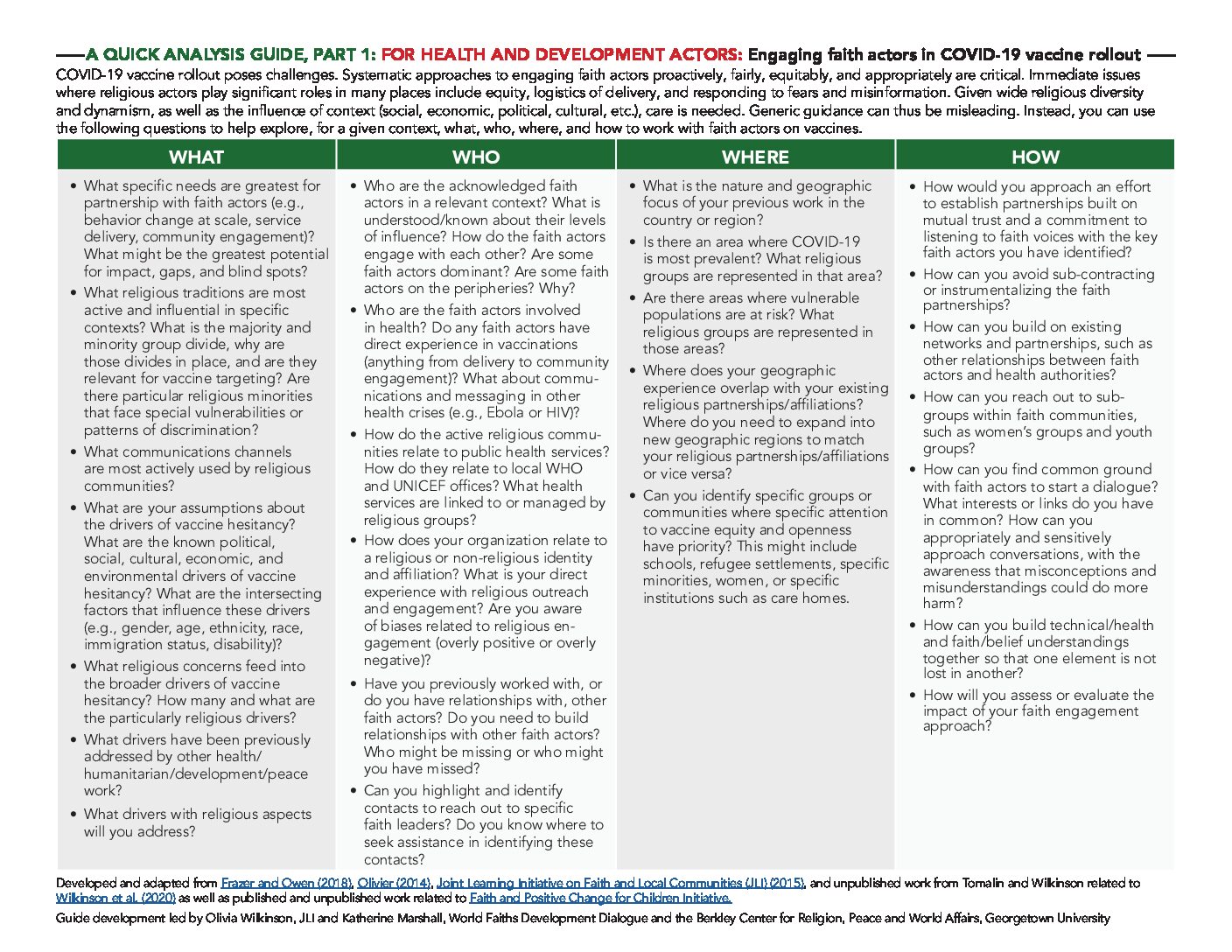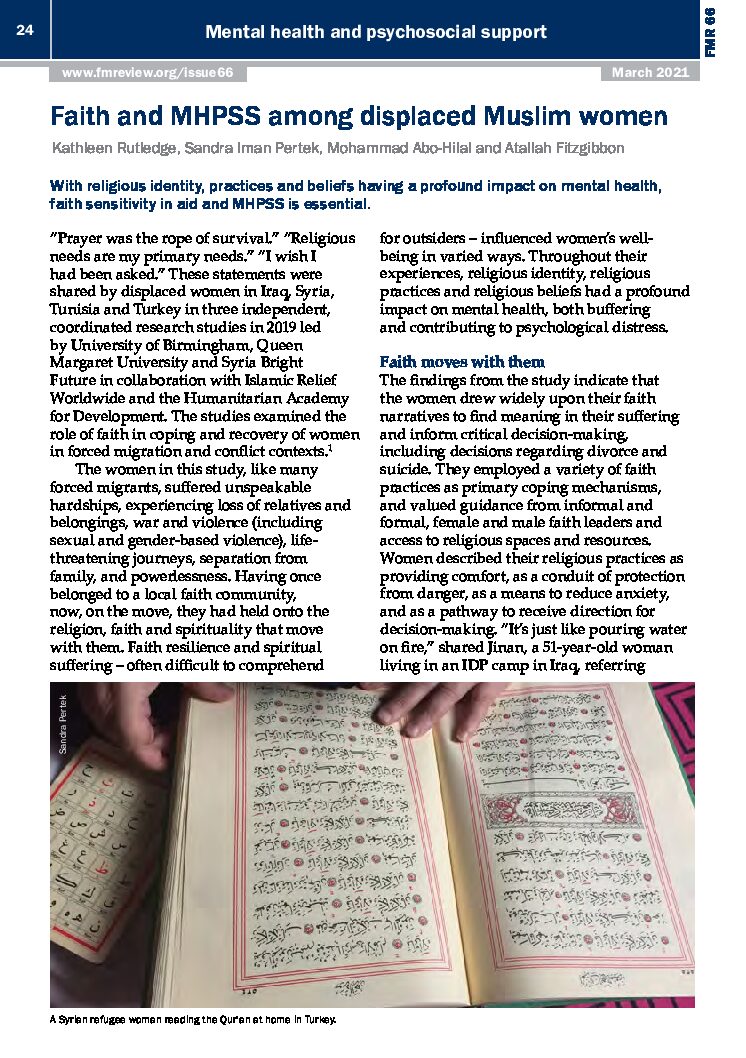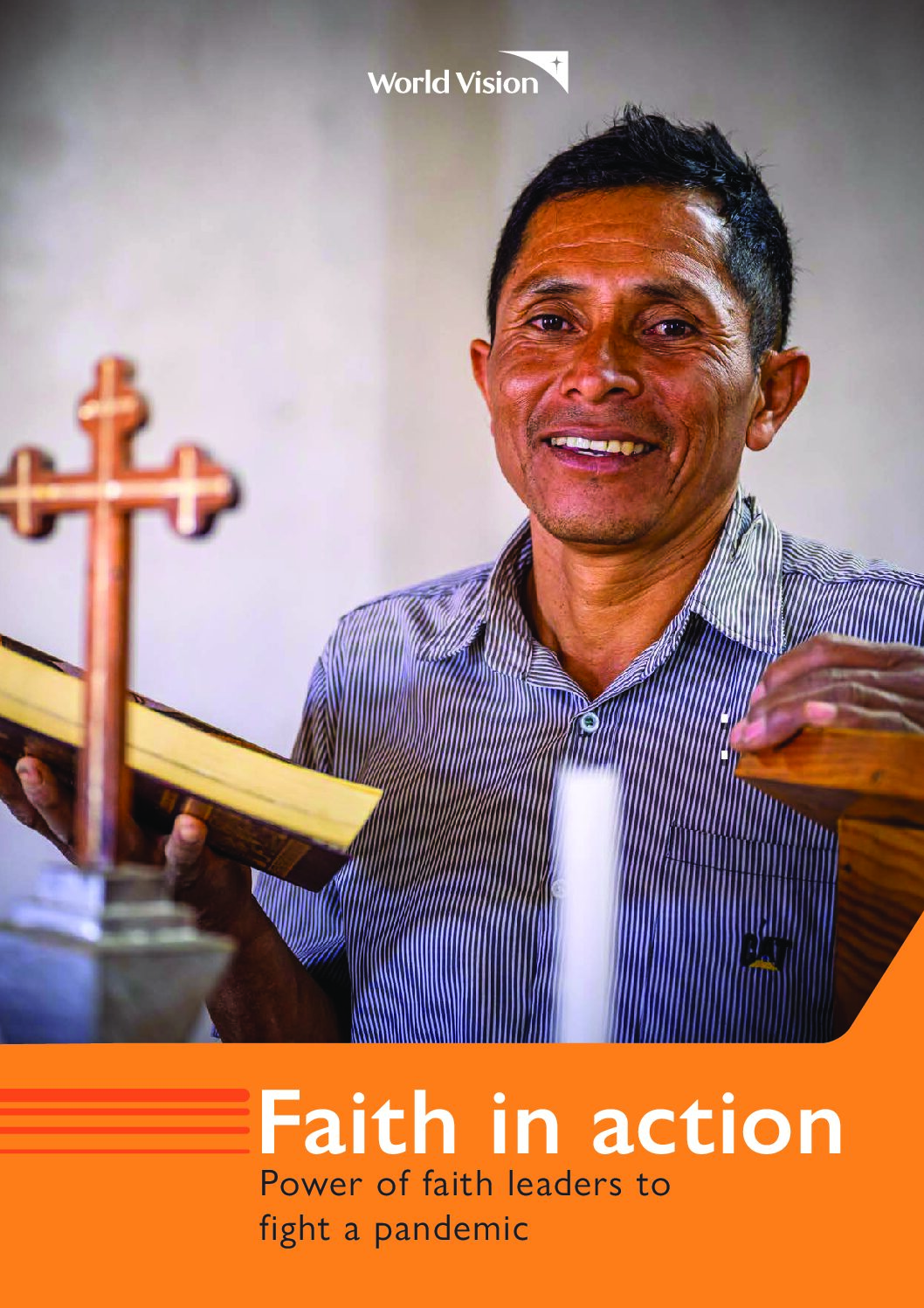The New Life Society (Part 2): A faith-based response to supporting survivors of human trafficking in Rajahmundry during the COVID-19 pandemic
Nehemiah Bathula PhD
New Life Society, India

This is the second of a two-part series about the work of The New Life Society. Read the first blog by Nehemiah Bathula here.
The impact of COVID in India
The COVID-19 pandemic made the lives of people extremely difficult and miserable not only economically but also physically, spiritually, psychologically, and socially. The World Health Organization has estimated that as many as 4.7 million people have died from COVID in India, 10 times higher that official figures, accounting for almost a third of global deaths from the pandemic. In response, the government of India imposed strict lockdowns, forced migrant workers to return to their home villages, towns and cities and did not allow people to move out of their houses to work. As a result of this deadly virus, India faced an economic recession which continues to have an impact today, particularly upon the most marginalized and stigmatized groups, including the survivors of sex trafficking that we support in the city of Rajamahendravaram, in the State of Andhra Pradesh, India.
During this pandemic time, the survivors of sex trafficking, who we had been working with since 2015 through the Blessed Prayer House, the church set up by our father in 2009, lost their employment in grocery stalls, textile stalls, and malls. Those who had been living and working outside Rajahmundry were forced to return following the government’s COVID rules, facing renewed stigma from communities who had shunned them and a lack of employment opportunities, alongside physical and psychological challenges of becoming infected with COVID-19.
Supporting survivors of sex trafficking during COVID: the New Life Society
During the peak level of the COVID-19 crisis, on the 3rd of April in 2021, the New Life Society was established in Rajamahendravaram, India. This is a faith-based organization, driven by the Nazareth Manifesto in Luke 4:18-19. Given that the community of survivors were without work and confined to their homes, the New Life Society team visited their rented houses and assisted them with prayers and grocery provisions. Ezra Bathula, the secretary of the New Life Society and pastor at Blessed Prayer House, acted as a mediator between the public hospital management and survivors. Through his efforts, the hospital management provided free beds and treatment to the survivors of sex trafficking. He also made efforts to encourage survivors to receive the COVID vaccination by using newspaper articles and YouTube clips about the importance of vaccination and its benefits in the fight against the COVID-19 virus. As a result, they received vaccinations at the government hospital.
In the beginning, survivors found it hard to trust the team members of New Life Society. This was because in the past other community members and leaders had not met promises made to them about providing employment opportunities and other resources as they sought to reintegrate into their communities as they moved away from sex work. Promises were also broken during the pandemic for those who returned to Rajahmundry due to lock downs. They also felt exploited by others, including researchers, who visited them to obtain their life stories but with no intention of assisting them in the future. However, the New Life Society team put efforts into gaining survivors’ trust by visiting their houses, inquiring about their well-being, and by showing concrete love and kindness and care by providing for basic needs such as groceries, medical assistance, and clothes. Gradually, the team offered psychosocial support to the survivors, e.g., offering counselling, involving them in community and church activities, exploring job opportunities, and strengthening their coping mechanisms.
COVID-19, stigma and building resilience
During the pandemic period, survivors faced ongoing and deeply engrained social stigma and here were sometimes viewed as ‘super spreaders’ of COVID-19 in the community, making them feel vulnerable and broken. Survivors desire to have a positive identity within the community. They want to feel and experience a sense of belonging and want to see people in the community treat them with respect and dignity.
A survivor named Jyoti mentioned, “I was accused of spreading COVID -19 in the community. It hurts me a lot.”
A survivor named Krupa said, “Thank you very much for sharing God’s blessing with me. Indeed, it’s a timely provision for me because I was going through some tough situations in my life. These essential goods will help me to keep moving for some time.”
The New Life Society has intentionally organized special programs for survivors of sex trafficking, inviting not only survivors but also community leaders and people of other faiths. By taking part in the programs, survivors are given opportunities to share their joy, happiness, and sorrows with the community, and others present learn from the lives of survivors and their struggles, to overcome stigma, prejudice and discrimination toward survivors. This has included a Christmas party, after which the New Life Society team distributed essential commodities to the survivors such as rice packets, groceries, clothes (Sarees and Churidar), and meals. The survivors of trafficking were so happy and delighted to receive the gifts. They expressed their sincere gratitude to the team for sharing blessings with them. The bottom line is to treat survivors with dignity and respect, and to assist them to thrive in the fullest levels.
In the midst of the pandemic and economic crisis, the survivors developed a spirit of resilience. This was necessary as they faced severe health issues, financial crisis, accusations of being ‘super spreaders’, and conflicts among family members and relatives. In fact, there were times that some considered being re-trafficked because perpetrators lured them with basic provisions that they desperately needed during this challenging time. Moreover, they were frustrated by the statements of community members like “You are still working as a prostitute,” “You spoil the community,” “You are a filthy person,” etc. Survivors felt that the community was not ready to accept them and they would question themselves: “Why should we still go through these accusations and verbal abuse by the community and why not continue the sex work and live as we wish?” As they began to think deeply, they explained to us that their ‘consciences pricked them’ and they decided not to return to sex work, remembering how they had gone through hopelessness, anxiety, trauma, and depression, with some developing suicidal thoughts. They understood that they had recaptured a healthy life and thought of how hard it would be going back to sex work. In spite of the perpetrators’ promises, they resisted thoughts of being re-trafficked.
The New Life Society representatives have joined with anti-human trafficking organizations to learn better strategies to address the needs of survivors of trafficking. However, for the past few months, New Life Society has been going through some funding problems due to the COVID pandemic, the economic recession, a declining employment rate, etc. As a result, some of the projects have been put on hold, such as buying thirty sewing machines for survivors, distribution of basic needs (food, clothes, and medicine) to survivors, and provision of school supplies for survivors’ children and HIV/AIDS infected children. We look forward to having partners and donors to offer support for these projects. If you are interested in joining with us, kindly contact me at nehemiahbathula [at] gmail [dot] com. I would be happy to provide more information about the projects and ministries for survivors of sex trafficking in Rajahmundry, India.




0 Comments